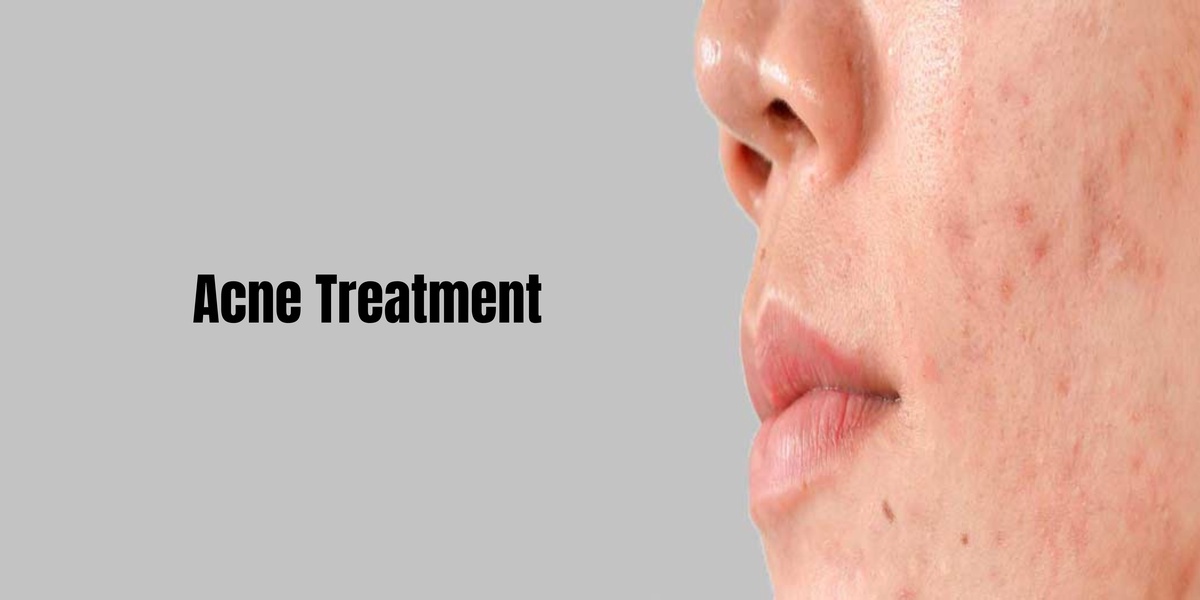People with different skin types and ages are affected by acne, which is a common skincare concern. However, did you know that there are various forms of acne and that the first step to a successful treatment is to recognize these types?
This post discusses the various forms of acne that will provide you an understanding on what acne you are dealing with. This will help in taking the right measures to get rid of them. To make this post knowledgeable, we have gathered information from Dr. Rasya Dixit, a well-known skin specialist in Bangalore. Continue reading to learn more.
What is Acne?
Acne is a skin condition that causes inflammation and can cause spots and pimples. It is often chronic and can be caused by various things, such as clogged sebaceous (oil) glands, an accumulation of sebum (a waxy substance that protects your skin), and superficial detritus (dirt, bacteria, and dead skin cells). There are numerous causes for acne because of which you might be experiencing. Acne outbreaks can be caused by a variety of factors, including temperature and humidity, the use of specific makeup products, genetics, stress and anxiety, and hormonal changes related to menstruation and pregnancy.
Types of Acne
- Noninflammatory Acne
The two types of non-inflammatory acne are blackheads and whiteheads. These typically do not result in swelling.
- Blackheads (Open Pores)
Blackheads arise from clogged pores caused by a mixture of dead skin cells and sebum. Even when the pore is completely blocked, the top remains open. As a result, the surface takes on its distinctive black colour.
Intensity: Blackheads are a sign of mild acne.
- Whiteheads (Closed Pores)
Whiteheads can also develop when dead skin cells and sebum clog a pore. It appears to be a tiny lump sticking out of the skin. Treatment for whiteheads is more challenging because the pores are already closed.
Intensity: Whiteheads are a sign of mild acne.
- Inflammatory Acne
Inflammatory acne is the term used to describe red, swollen pimples. While bacteria can also contribute to pore blockage, sebum and dead skin cells are the main causes of inflammatory acne. Infections from bacteria can occur far below the surface of the skin. This could lead to uncomfortable, difficult-to-get rid-of acne lesions.
- Papules
Papules form when the walls around the pores degrade due to extreme inflammation. This causes the pores to become sensitive to the touch and hard and clogged. Usually, the skin near these pores is pink. Pimples or papules, mostly affect the face.
Intensity: Papules are a sign of moderate acne.
- Pustules
Pustules can also form when the walls around your pores break down. Pustules, in contrast to papules, contain pus. These skin-erupting bumps are typically red in color. Their heads are frequently yellow or white.
Intensity: Pustules are a sign of moderate acne.
- Nodules
Nodules develop when swollen, clogged pores continue to swell and become more irritated. Nodules are located deeper beneath the skin than pustules and papules.
Intensity: Nodules are a sign of severe acne.
- Cysts
Cysts can form when dead skin cells, sebum, and bacteria clog pores together. The clogs are deeper than nodules and are found deeper within the skin. These big red or white pimples hurt a lot when you touch them. The most severe type of acne, cysts, is typically caused by a serious infection. Additionally, this kind of acne is most likely to leave scars.
Intensity: Cysts are a sign of severe acne.
Conclusion
Acne comes in a variety of forms, and figuring out which one you have will help you find a long-lasting and efficient treatment. In general, there are two types of acne: inflammatory and non-inflammatory. Most of the acne goes away on its own or with a mild medication, while some acne hurts a lot and leaves scars behind.
If one is looking for an expert doctor for acne or acne acne scar removal, they can consult with Dr. Rasya Dixit. She is a well-known dermatologist who offers the best acne scar reduction in Bangalore. She utilizes different advanced treatment options like chemical peels, lasers, and many more to treat different forms of acne. To learn more about these treatments, consult with her today at the Dr. Rasya Dixit Dermatology Clinic.


No comments yet